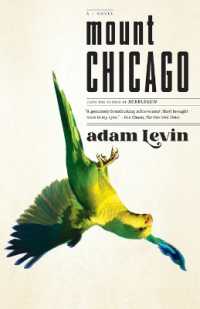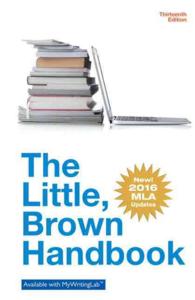Full Description
This collection showcases language assessment literacy, understood as the knowledge, skills, and principles necessary to engage in assessment activities, by problematizing different approaches to its development and offering insights for language teachers and other stakeholders.
The volume builds on existing research in LAL, which has thus far focused on defining its scope and charting how stakeholder dependent its development can be, to provide readers with ideas to bridge the gap between LAL research and practice. The book is organized around three parts, each structured around practical applications, from designing materials to workshops and courses to the latest issues in LAL pedagogies, particularly around emergent technologies and their implications for teachers. Case studies from around the world are featured to show these dynamics at work across diverse educational and geographic contexts. In centering the discussion on pedagogical approaches, the collection seeks to advance debates and further research and equip teachers and policymakers with further resources to enhance LAL, both in their own classrooms and as an area of inquiry.
This book will be of interest to scholars and stakeholders in language assessment and testing, language education, TESOL, and applied linguistics.
Contents
Part 1: Materials, 1. Introduction by Frank Giraldo and Xun Yan; 2. LAL training in Vietnam: A teacher-centred approach to resource development by Susan Sheehan and Thuy Thai; 3. Exploring the effect of embedding assessments into a professional development presentation as a means of improving language teachers' assessment competency by Michelle L. Stabler-Havener; 4. Pre-service teachers' language assessment literacy enhancement - Towards pedagogies for LAL by Karin Vogt; Part 2: Methods, 5. Is online language assessment training helpful to improve language assessment literacy? Views of Mexican young learner EFL teachers and training instructors by Elsa Fernanda González and Ricardo de la Garza-Cano; 6. Put a little imagination in your collaboration: What can thought experiments do for language assessment literacy? by Newton Paulo Monteiro; 7. Investigating educator-participant interaction in a language assessment MOOC by Richard Spiby, Carolyn Westbrook, and Jordan Weide; Part 3: Emerging Issues, 8. Who will teach the teacher educator? Findings and implications of an online workshop for fostering Brazilian teacher educators' language assessment literacy by Isadora Moraes and Viviane Furtoso; 9. Learning about language assessment to teach young learners: The contribution of an online course by Gladys Quevedo-Camargo and Juliana Reichert Assunção Tonelli; 10. Critical language assessment literacy (CLAL) of L2 teachers: Unpacking the impact of CLAL-focused teacher education by Zia Tajeddin and Mohsen Mahdavi; 11. Social justice in classroom assessment through teachers' language assessment literacy by Frank Giraldo and Xun Yan; 12. Conclusions by Frank Giraldo and Xun Yan;








